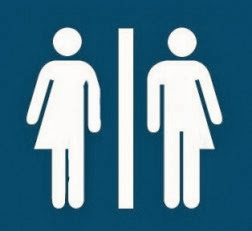Should your language be gender-neutral?
In English, there’s he and there’s she, but if you don’t want to specify, you may be surprised by the choices we have. Which are the most popular? And what’s in the future for gendered pronouns?
Linguist Daniel Midgley studies gender on this episode of Talk the Talk.
Listen to this episode
You can listen to all the episodes of Talk the Talk by pasting this URL into your podlistener.
http://danielmidgley.com/talkthetalk/talk_classic.xmlWe’re revisiting gender-neutral pronouns on this episode, since there’s been some movement in Sweden and Germany. Also, we’re looking at some really old invented words like thon and ou, and a new one: yo.
What’s your favourite genderless pronoun? In the end, everyone will need to make up their own mind which pronoun to use.
see what I did there
Show notes
Words Across Age lets you track words in Facebook statuses, by the age of the user.
http://www.wwbp.org/age-plot.html
Are gender-neutral pronouns doomed?
http://www.psmag.com/culture/gender-neutral-pronouns-actually-doomed-67600/
You’d be amazed at how many of them have been proposed, and when. Dennis Baron’s blog post gives a complete rundown.
http://illinois.edu/blog/view/25/31097
The gender-neutral ‘hen’ is added to a Swedish encyclopaedia.
http://www.slate.com/articles/double_x/doublex/2012/04/hen_sweden_s_new_gender_neutral_pronoun_causes_controversy_.html
A German university is opting for feminine bias as a default.
http://www.dw.de/german-university-opts-for-gender-neutral-language/a-16865989
Instead of using ‘mankind’ to mean ‘all people’, how about ‘humankind’? Yes, it’s got ‘man’ in it, but it was probably a less manly ‘man’, etymologically speaking.
http://io9.com/5962243/think-twice-before-using-mankind-to-mean-all-humanity-say-scholars
The Spivak pronoun is one option.
http://en.wikipedia.org/wiki/Spivak_pronoun
‘Yo’ is another.
http://www.npr.org/blogs/codeswitch/2013/04/25/178788893/yo-said-what
‘Ou’ dates from Middle English.
http://en.wikipedia.org/wiki/Gender-neutral_pronoun#English
Proto-Indo-European had gendered pronouns
http://en.wikipedia.org/wiki/Proto-Indo-European_pronouns#Personal_pronouns
And so did Latin. Centuries later, we’ve still got ’em.
http://ancienthistory.about.com/od/pronouns/a/013011-Latin-Pronouns.htm
There’s a planemo drifting out there.
http://www.abc.net.au/news/2013-10-10/scientists-discover-lonely-planet-floating-in-space/5013996
http://en.wiktionary.org/wiki/planemo









